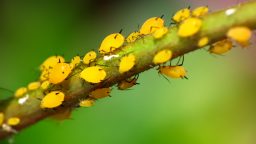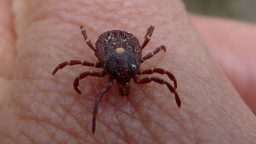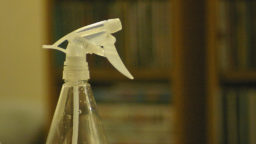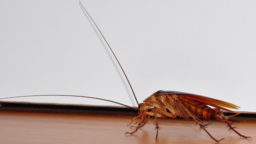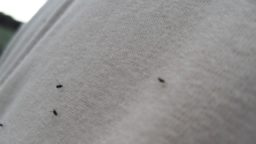Some people are horrified of mice. Some people think they are cute. When you are a homesteader, they are a problem that you need to solve quickly. If you are unable to get rid of the mice, they can destroy or contaminate your food supply faster than you might think. They breed quickly, and when you see just one or two of these rodents, you can be sure the problem runs a lot deeper.
First, you will want to determine just how you want to get rid of the mice – humanely or with lethal traps. It depends on how you feel about killing mice. Live traps can work quite well. However, if you choose this method, you need to release the mice far away from civilization. You can’t just walk to the other side of your yard and let them go because they will head straight back into the house, your storage, and everywhere else you don’t want them to be.
If you utilize lethal traps, don’t feel bad about it. If you don’t get rid of the mice, they are going to cause a substantial amount of problems for your home and potentially your health. You need to put you and your family above your feelings for fuzzy little mice.
Once you get rid of the mice on your property, you will want to make sure they stay away. Using a spray of apple cider vinegar and water has proven successful for some. In addition, you might want to consider getting cats, as they can prey on the mice. Also, if you happen to see snakes on your property, as long as they are nonvenomous, let them stay. The snakes will also help to keep the population of mice down for you.
If you liked this, you might also enjoy…
Ancient Healing Secrets You Can Learn at Home…
Yoga and Weight Loss: What You Need to Know…
How to Become a Master Woodworker..

